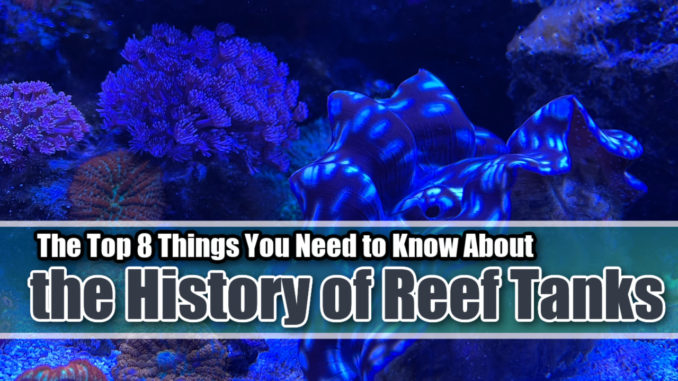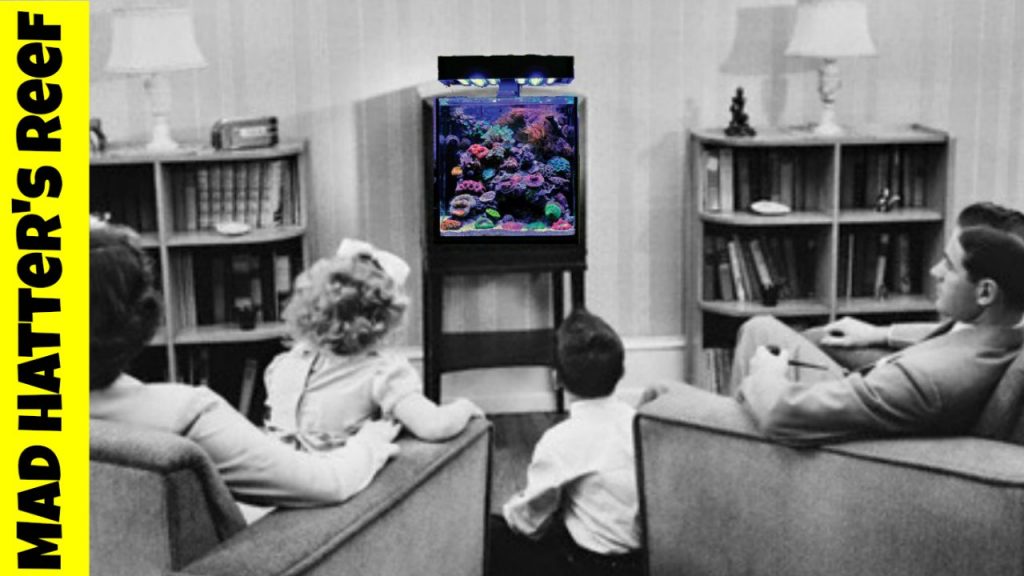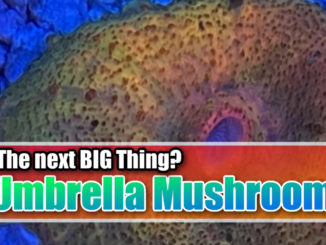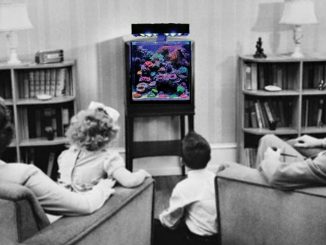
The concept of reef tanks can be traced back to the desire of aquarium enthusiasts to replicate and showcase the beauty and complexity of natural coral reef ecosystems within a controlled environment.

The history of reef tanks and the development of this hobby have several key points:
- Early Aquarium Keeping: The practice of keeping aquatic life in controlled environments dates back thousands of years, with ancient civilizations like the Egyptians, Romans, and Chinese keeping fish and other aquatic creatures in ponds, tubs, and containers.
- Advancements in Aquarium Technology: In the late 19th and early 20th centuries, advancements in glass manufacturing and aquarium equipment allowed for more sophisticated and visually appealing aquariums. As understanding of aquatic biology grew, enthusiasts began to focus on replicating specific environments, including coral reefs.
- Public Aquaria and Marine Exhibits: Public aquaria, such as the New York Aquarium (established in 1896) and the Monterey Bay Aquarium (opened in 1984), played a significant role in introducing people to the beauty and complexity of marine life. These institutions showcased various marine ecosystems, including coral reefs, inspiring hobbyists to try and replicate such environments at home.
- Reef Aquarium pioneers: In the 1970s and 1980s, dedicated hobbyists started experimenting with replicating coral reef ecosystems in their home aquariums. These pioneers developed techniques for keeping corals, invertebrates, and reef fish, often learning through trial and error.
- Advancements in Filtration and Lighting: The development of better filtration systems, improved lighting technologies, and a deeper understanding of water chemistry allowed enthusiasts to create more stable and suitable conditions for reef inhabitants.
- Captive Breeding and Aquaculture: The establishment of captive breeding and aquaculture programs for marine species, particularly corals and fish, has provided hobbyists with a sustainable source of specimens and reduced the pressure on wild populations.
- Information Sharing and Online Communities: The rise of the internet facilitated the sharing of knowledge and experiences among hobbyists, allowing them to exchange tips, techniques, and information about maintaining successful reef tanks.
- Modern Reefkeeping: Today, reefkeeping has evolved into a sophisticated hobby, with enthusiasts successfully maintaining intricate and diverse ecosystems within their home aquariums. The hobby has expanded to include a wide range of technologies, equipment, and techniques to recreate the conditions of natural coral reefs.
Overall, the concept of reef tanks developed from a combination of scientific curiosity, technological advancements, public education, and the passion of dedicated aquarium enthusiasts. It continues to evolve as our understanding of marine ecosystems deepens and as new technologies and methodologies are developed.
Remember that setting up and maintaining a reef tank can be a complex and challenging endeavor. It’s important to research and educate yourself thoroughly before embarking on this rewarding but demanding hobby.




